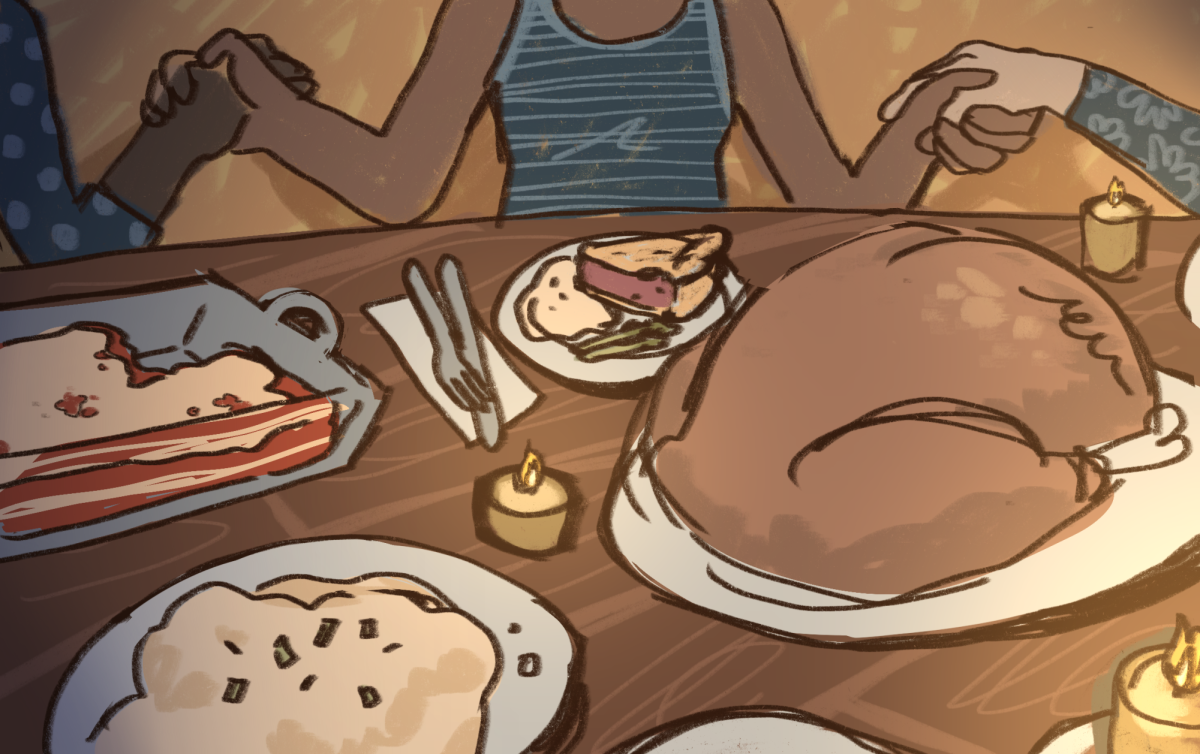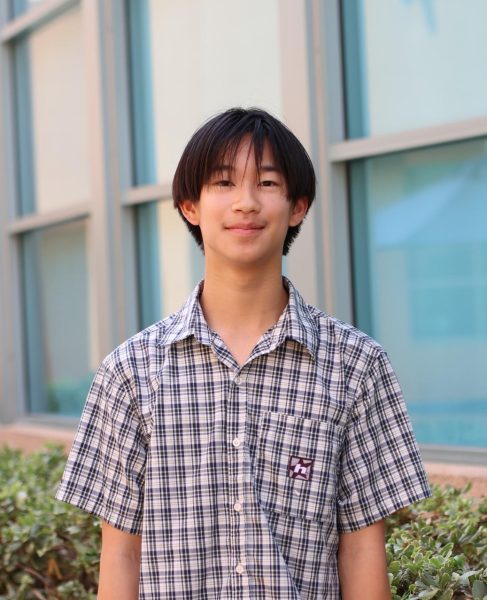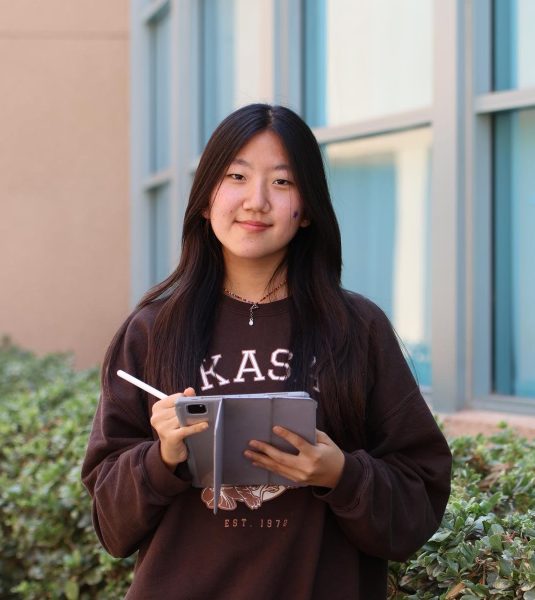Thanksgiving is a time for spirited family gatherings, catching up with loved ones and focusing on giving back to the community. However, it’s impossible to ignore the Eurocentric ideals and suffering of Native Americans embedded into America’s foundation. This often oversimplified history during the Thanksgiving season must be corrected while simultaneously embracing the Thanksgiving spirit of giving, gratitude and gathering.
Nine out of ten Native Americans in New England would be wiped out three years after the Pilgrims introduced smallpox and measles after sailing across the Atlantic Ocean, according to Citizen Potawatomi Nation. Entire communities were displaced because of the destruction of villages. The Pilgrims often justified this degradation of Native societies with the reasoning that Native Americans required ‘civilizing.’ Thanksgiving, a ritual rooted in the first significant interaction between the Pilgrims and an Indigenous tribe, seemingly glorifies and ignores this harsh reality.
In fact, Thanksgiving was only formally established not because of the iconic meal or from the sufferings of Native Americans in the colonial era but as an apology following President Abraham Lincoln’s order to execute members of the Dakota Tribe after the Dakota War of 1862. Critics argue that the holiday’s origin represents an insincere gesture to address a domestic crisis. While Thanksgiving celebrates gratitude and giving, can it truly embody the spirit of the holiday when it overlooks the suffering of Native Americans throughout history?
Students must acknowledge Indigenous perspectives in the broader conversation of United States history. Younger audiences can learn the truth of Thanksgiving by being exposed to digestible media, such as educational videos and picture books, that feature Native American culture and perspectives on the lasting effects of European colonization. By thoughtfully teaching the complex history of Thanksgiving while maintaining a spirit of gratitude, we can create a celebration that honors the good aspects of the holiday without ignoring its past.
This can be achieved through volunteering, embracing the spirit of Thanksgiving “giving.” Those passionate about ethical issues can focus on volunteer efforts that empower Native Americans, such as the Indigenous People’s Movement or Native Ways Federations.
Thanksgiving’s influence on American culture deserves celebration by all while acknowledging the history of the holiday. Take advantage of the week off to bond with friends and family, dive into classic side dishes, give back to the community and be thankful for what we have. Acknowledging the history of our country’s past with our present-day Thanksgiving spirit is what will truly allow for a celebration of gratitude, giving and gathering.



![AAAAAND ANOTHER THING: [CENSORED] [REDACTED] [BABY SCREAMING] [SIRENS] [SILENCE].](https://thehowleronline.org/wp-content/uploads/2025/06/lucy-1200x800.jpg)


















































